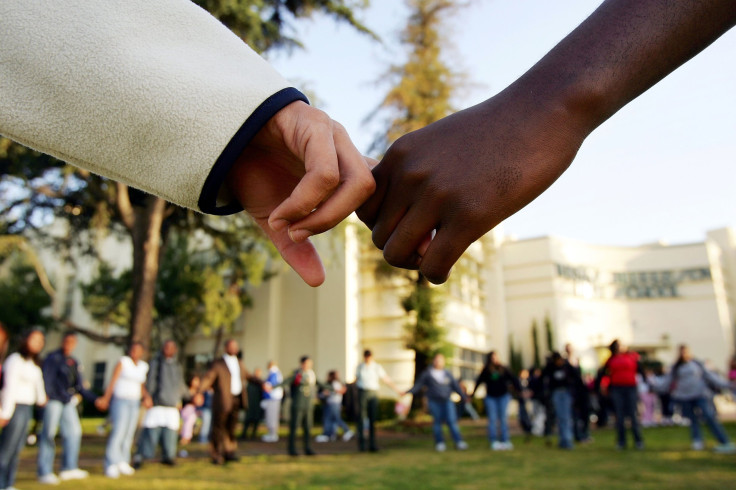
In April 21, 2005, a number of students suffered injuries while fleeing from a lunch period brawl involving about 200 Latino and African-American students at Thomas Jefferson High School. After the altercation, there's a strict regulation of clothing styles that could be associated with gangs, and schools tightened the bell schedule to leave little time to linger between classes in order to curb the violence.
A recent study by Pew concludes that over 58% of Americans believe racism is a “big problem” in society. Noted researcher and expert on race in education at the University of Pittsburgh, H. Richard Milner believes that “education is the key to addressing inequity and racism in society” and if we are not “working in education to combat racism, we are complicit in maintaining inequity and the status quo.”
But are teachers prepared and willing to take this on? Milner notes that education programs for teachers must support them “in developing knowledge and skills in ways that centralize race so that students can examine both localized and global perspectives and worldviews.”
Millennial Bloggers, based all over the world, joined the conversation on racism in education, and answered: Do we need to talk more about racism in Education? Francisco Hernandez said: “We can’t afford to defer the conversation about white supremacy for even a single moment longer. It has proven itself to be the most obstinate social institution in the entire history of America. How could we even possibly think we could fight something so tough if we can’t even talk about what it means to fight it? White supremacy never sleeps—it never slows of its own accord—so, neither can we.”
“Textbooks were created by people who lived in a racist society,” writes Jacob Navarrete on his "Peculiar Flames Flickering" blog. “I’m telling you there are better tools. I’d be happy to help you learn how to use them. There is a big world to build outside the cave and we could use your help. It might hurt at first, just like the light does when you exit a dark cave.”
According to Dominique Dryding, “until educational institutions take the lived experiences of their student bodies seriously and recognize that racism does not only include name calling and physical exclusion, racism in schools and universities will not end.”
Millennials agree that teachers should force discussions about inequality from the very first history class. Students should know about the Tulsa riots, DACA and the DREAMers. Salathia Carr says that racism needs to be discussed in every branch of life and schooling is not excluded. Carr also added that "your first encounter as a White person should not be that fear that makes you lock your doors when a Black person walks near your car," and that schools should teach that "Christopher Columbus was no hero."
Millennials think racism can be combated through an education reform and that the United States education has failed them all.
© 2025 Latin Times. All rights reserved. Do not reproduce without permission.






